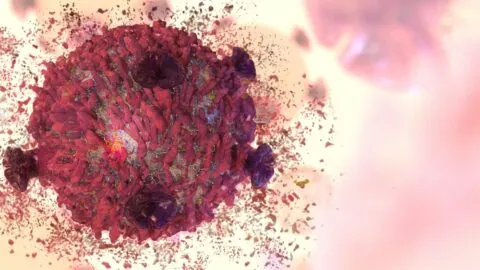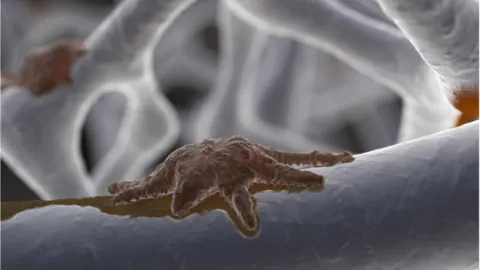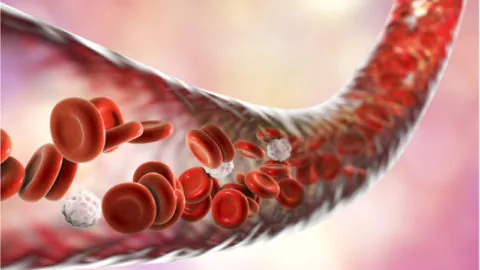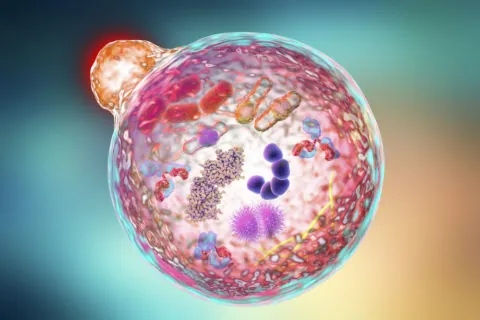July 05, 2024
Scientists have found a small molecule that turns an anti-apoptotic protein into a pro-apoptotic one, protecting against deadly metastases in a mouse model of human triple-negative breast cancer and, potentially, in other cancers [1]. Small but mighty With cutting-edge cancer treatments now including things like antibodies and genetically engineered T-cells, small molecules seem to have...
June 09, 2020
A group of Japanese scientists has found that advanced glycation end products (AGEs) tend to accumulate in osteoblasts with age, inducing apoptosis via endoplasmic reticulum stress. This mechanism likely contributes to the development of osteoporosis [1]. AGEs and age Advanced glycation end-products, fittingly abbreviated as AGEs, are proteins or lipids that have had sugars attached...
April 24, 2020
Researchers have developed a way to modify an existing cancer drug with toxic side effects into something that is less toxic to blood platelets and more effective at removing harmful and inflammatory senescent cells, one of the reasons we age, from mice. What are senescent cells? As you age, increasing numbers of your cells enter...
April 08, 2019
In a new study, researchers show that the presence of senescent cells is an important contributor to aging of the cardiovascular system, particularly the heart [1]. Senescent cells and senolytics As your body ages, increasing amounts of your cells enter into a state of senescence. Senescent cells do not divide or support the tissues of...
June 01, 2018
A new study suggests that autophagy, the recycling, and disposal system that cells use to remove unwanted garbage, can extend the healthy lifespan of mammals. The study, led by Drs. Salwa Sebti and Alvaro Fernández from the Center for Autophagy Research, has discovered that mice with higher levels of autophagy live longer and healthier than...





